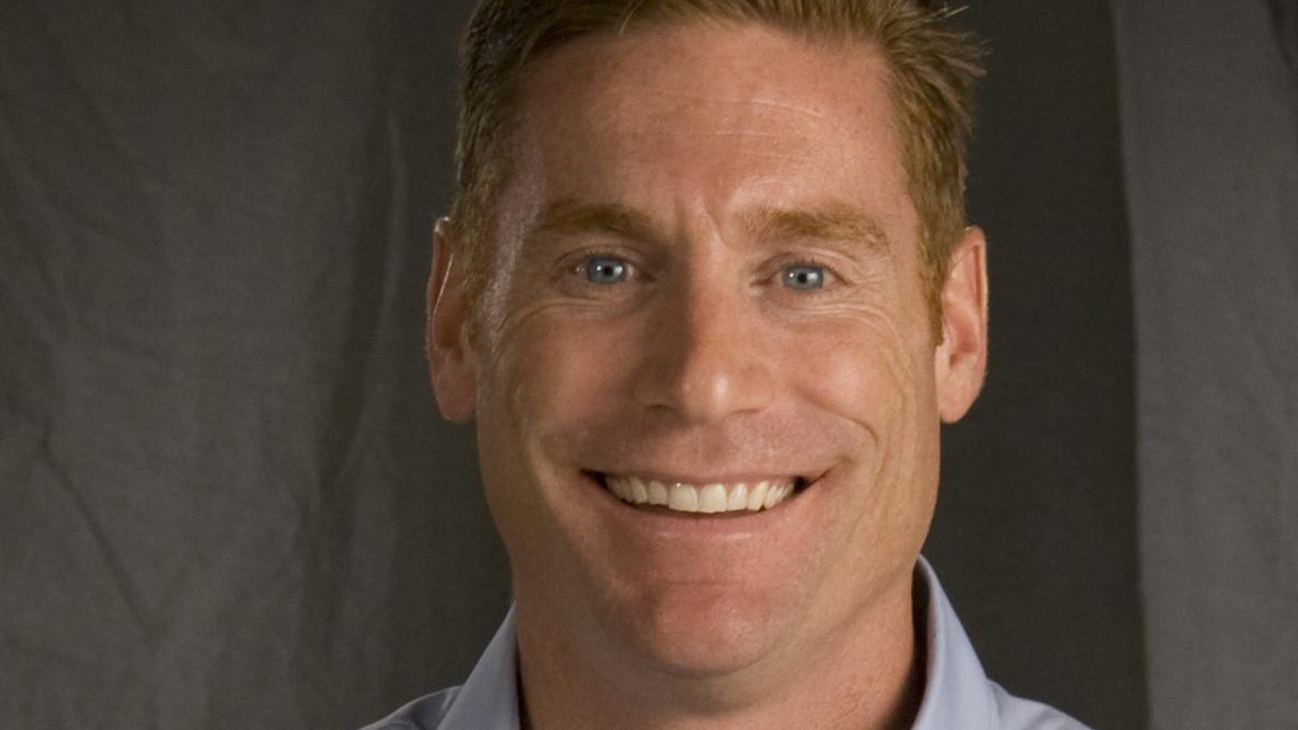While serving as the Director of Mental Training for the St. Louis Cardinals, Dr. Jason Selk helped the team win their first World Series in over 20 years, and in 2011 he assisted the Cardinals in the historic feat of winning their second World Championship in a six year period. Considered to be one of the nation’s premier performance coaches, Dr. Selk helps numerous well-known professional and Olympic athletes as well as Fortune 500 and Fortune 100 executives and organizations develop the mental toughness necessary for high-level success. Dr. Selk looks at the importance of bringing focus to your goals in this article for Inc.com:
Do you get to the end of the day and find you haven’t accomplished the tasks that are most important for your long-term success? It’s pretty obvious that if you don’t emphasize what’s important, you will never get where you’re trying to go.
Although we can come up with all kinds of excuses for why we don’t do what’s important, we’re usually either allowing ourselves to get distracted or–consciously or unconsciously–steering around a stressful situation. Either way, your avoidance of the important causes the disparity between what you want and what you have.
It doesn’t have to be that way. A few simple steps can help bring your focus to the things that really matter.
Stop Steering Around Stress
The truth is, the most important tasks are also typically the ones we fear and avoid the most. Psychologists can offer many reasons for why we tend to avoid what’s most important for our survival; most of those reasons fall into either the “fear of failure” or “fear of rejection” bucket. We may also avoid some tasks because they’re stressful, such as a phone meeting with an unhappy client or a chronically late supplier. Avoiding stressful tasks is human nature, but the more you do it, the more you hold yourself back.
Eat the Big Frogs First
Why would anyone avoid the most important items on the to-do list just because they’re stressful? Let’s use the metaphor of eating frogs. Brian Tracy, a best-selling personal development author, calls the most important and challenging tasks we need to complete on a given day our “big frog” tasks. Most people choose to focus on the nonimportant tasks (“the little frogs”) and save the big frogs for last. The problem is that if the big frogs are at the bottom of your to-do list, you’ll have a psychological tendency to procrastinate so that you won’t have to face them.
Handle the Toughest Problems Early in the Day
Saving the big frogs for last means that you’ll need the greatest courage and energy at the end of the day when you’re most tired from spending countless hours completing tasks that may be urgent but not that important. By eating the big frogs first, you create energy and momentum through your early accomplishment of something that has true impact. This makes it easier to complete your less important tasks and hence your to-do list in its entirety. In addition, completing important tasks earlier in the day ensures that even if you don’t complete all your daily tasks, you will have already checked off those that create the biggest impact.
Prioritize or Perish
Not only does eating the big frogs first give you energy for the day, it also helps you avoid procrastinating. If you’re a boss, for instance, chances are that you put the most important conversations with direct reports off until late in the day. But by the end of the day, there will be plenty of excuses to avoid saying what needs to be said. Eat that big frog first thing in the morning, and you won’t need to waste brain cells coming up with those excuses or worrying about what’s coming next.
Focus on Getting Started
Whether your frogs are goals such as completing paperwork or booking a job interview, the most important thing is to focus your mind on getting started. Don’t think about all twenty calls you have to make, just focus on the first one. Once you start, momentum is on your side. I call it the ETS Rule: Emphasize The Start. Instead of thinking about riding the elliptical for thirty minutes, just focus on getting through the first five.
Create Accountability for Yourself
To the best of your ability, complete the following three tasks:
1. Identify the top three obstacles that make it difficult for you to fully complete your goals on a daily basis (e.g., Mondays are difficult because I have to take my son to baseball practice, which ends my workday at 3:30 PM).
2. Identify one possible solution for each of the obstacles listed in question 1 (e.g., wake up at 5:00 A.M. on Mondays, and get 90 minutes of proposals and e-mail done before work begins).
3. Develop an accountability buddy: teach one person your strategies for prioritizing goals, and then commit to send an e-mail to each other every Friday asking on a scale of 1 to 10 how well each of you has done.
Facing big frogs can be scary, but avoiding them is what’s holding you back. By tackling the most important tasks first, doing it early in the day, and getting support to help you stay on track, you may find they’re not so hard to swallow after all.

